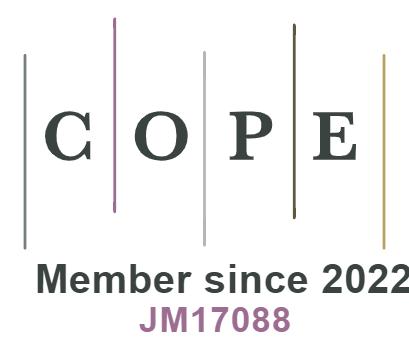Contents
Chair

Prof. Wenwu Yu
Editor-in-Chief of Complex Engineering Systems
School of Mathematics, Southeast University, Nanjing, Jiangsu, China.
School of Mathematics, Southeast University, Nanjing, Jiangsu, China.
Speaker

Prof. Guanrong Chen
Department of Electrical Engineering, City University of Hong Kong, Hong Kong, China.
Prof. Guanrong Chen received his M.Sc. degree in Computational Mathematics from Sun Yat-sen University, Guangzhou, China, in 1981, and his Ph.D. degree in Applied Mathematics from Texas A&M University, USA, in 1987. He subsequently held faculty positions at Rice University and the University of Houston in the United States. Since 2000, he has been a Chair Professor at the City University of Hong Kong. Prof. Chen was elected IEEE Fellow in 1997. He received the State Natural Science Award (Second Class) of China in 2008, 2012, and 2016. In 2011, he was awarded an Honorary Doctorate by Saint Petersburg State University, Russia, and received the Euler Gold Medal from the Euler Foundation. In 2014, he was awarded an Honorary Doctorate by the University of Normandy, France, and elected to the European Academy of Sciences. In 2015, he was elected to the European Academy of Sciences and Arts and The World Academy of Sciences (TWAS).
Abstract
Complex network theory focuses on the interactions among nodes and edges, combining fundamental graph theory with dynamical systems, giving rise to many derived research topics such as multi-agent coordination, synchronization, and social propagation. In recent years, increasing attention has been given to higher-order graph theory in the study of complex networks, where simplicial complexes are used to represent network structures beyond pairwise interactions. Some higher-order features have been found to be favorable for synchronization and propagation dynamics in networks. This talk will provide a brief introduction to the basic structures of higher-order networks and elementary concepts and methods from algebraic topology relevant to this area. On this basis, recent preliminary results on optimal synchronization in higher-order networks will be presented, followed by the latest developments in the study of propagation phenomena in higher-order networks. The aim is to offer some insights and references for future, in-depth studies on network-related control theories.








